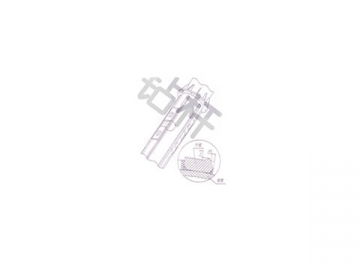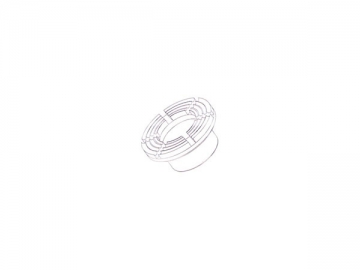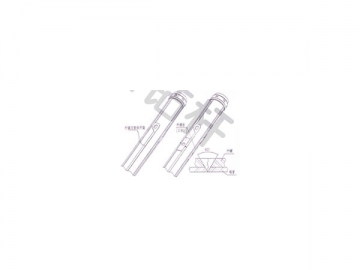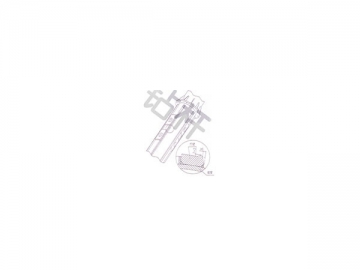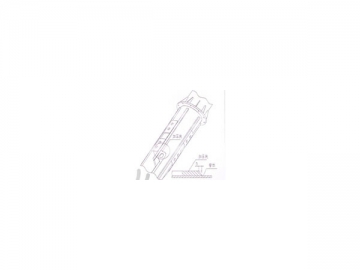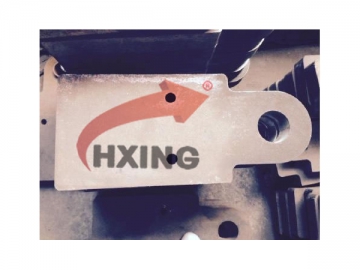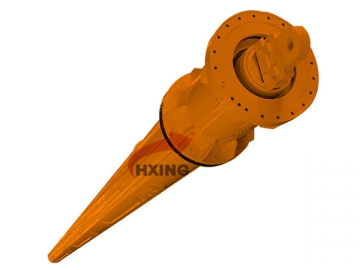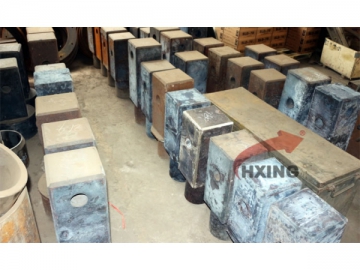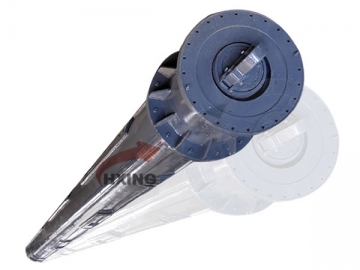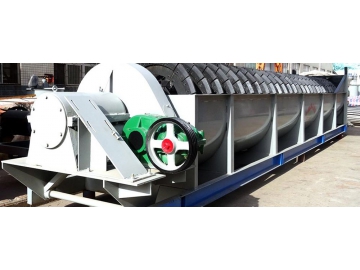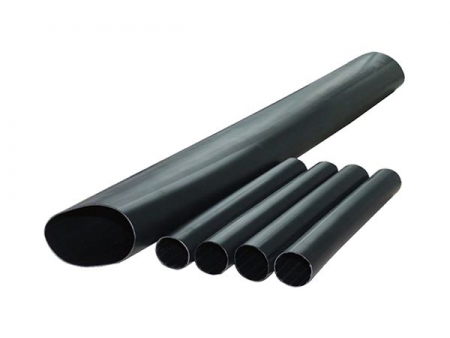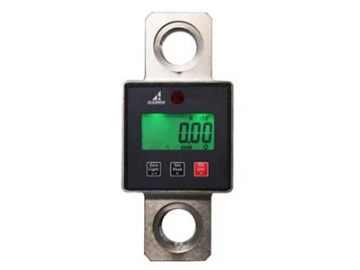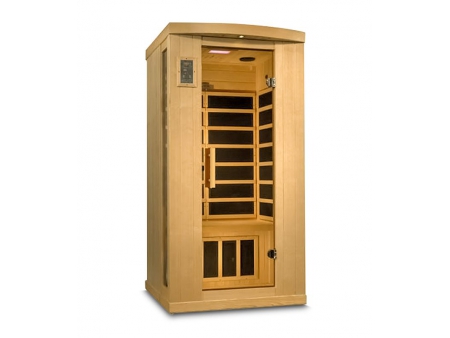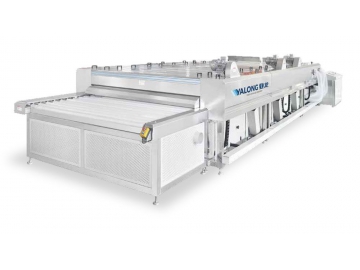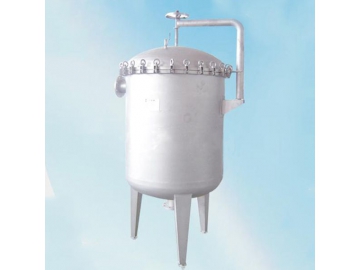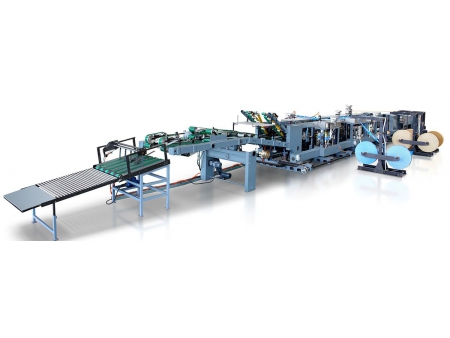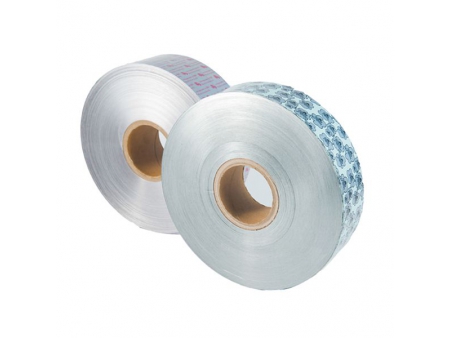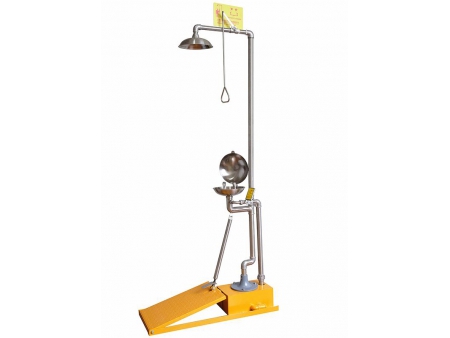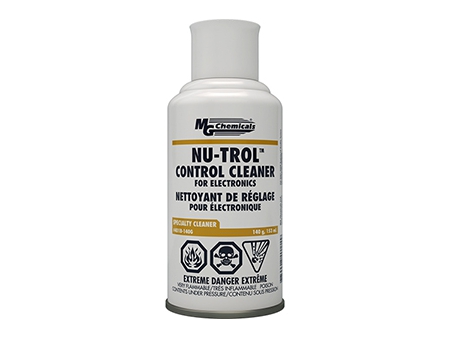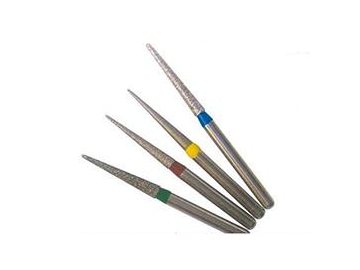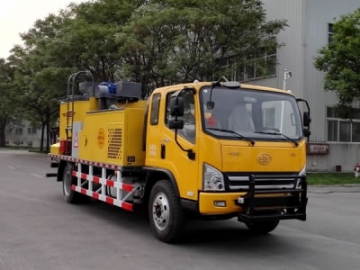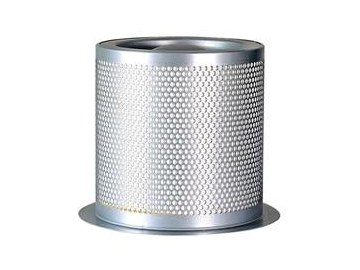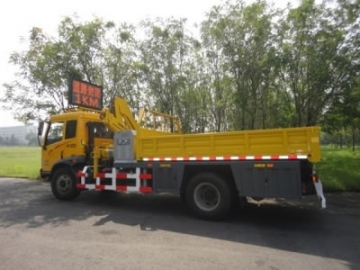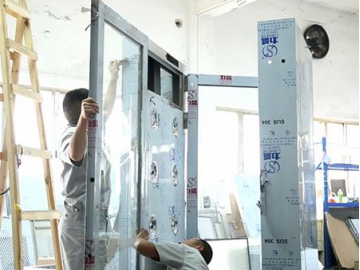Kelly Bar's Maintenance
Regular and effective maintenance can extend the service life of Kelly bars.
1. Maintenance Schedule| Working condition | Interlocking type | Friction type |
| First time use | 50 | 100 |
| Normal use | Every 200 working hours | Every 400 working hours |
| No. | Part | Damage condition | Diagram |
| 1 | External drive key | Edge curling, worn | Diagram one: 1. 1-3mm edge curling; timely polish it 2. 5mm wear; weld the worn part using wear-resistant rod and overlaying method. After welding, rub down the joint to 90°. 3. Change the part if it is seriously worn. |
| 2 | Pressurizing block | Wear | Diagram two: Max. wear extent: 5mm; Weld the worn part using wear-resistant rod and overlaying method. After welding, rub down the joint to 90°. Change the part if it is seriously worn |
| 3 | External key, Kelly bar shell body | Rupture | Diagram three: 1. Use angle grinder to grind the ruptured part to 60°, with a V-shape groove; then use J506 welding rod to weld the groove and grind the joint. 2. Add three support plates around peripheral direction and weld them using splice joint welding method, ideally supporting the ruptured part |
| 4 | Drain pallet | Wear | Diagram four: Normal wear: weld it using bead welding method and grind Serious wear: change the part |
| 5 | Spring | Breakage | Change |
| 6 | Bolt | Damage | Change |
| 7 | Upper damping ring | Damage | Change |
| 8 | Pin | Damage | Change |
| 9 | Joint | Deformed with flaw | Repair or change |
Related products
Send Message
Most Recent
More
Other Products
Videos

